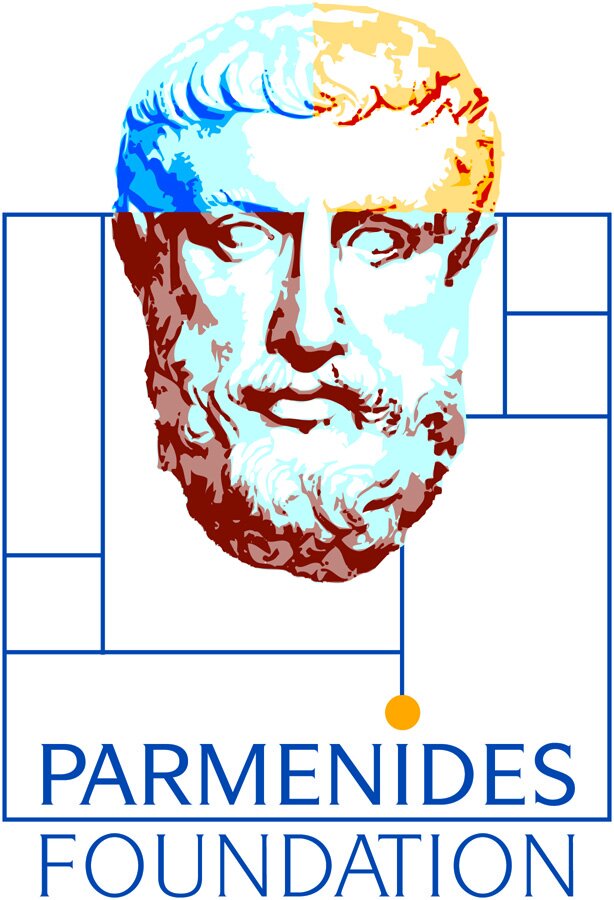Parmenides Foundation wins ERC Synergy Grant
We are very happy and proud to announce that the Parmenides Foundation will host an ERC Synergy Grant for the team of Prof. Eörs Szathmáry. Our partners in the project are Ecole Superieure de Physique et de Chimie Industrielles de la ville de Paris (ESPCI), Rijksuniversiteit Groningen and Ben-Gurion University of the Negev and the project is about the following pioneering topics.
The de novo creation of living systems is a long-standing dream of humanity. To realise this dream, we need a clear conceptualisation of the goal and the experimental means to put it to practice. We think now, time is ripe to make a serious attempt. There is emerging consensus that a minimal living system should be out-of-equilibrium and self-sustaining, have metabolism, an inheritance system, a boundary to keep the constituents together and that a population of such systems should be able to undergo Darwinian evolution. The aim of this proposal is to develop, for the first time, synthetic chemical systems with all of these features. Due to its very nature MiniLife is standing on two, equally strong feet: chemistry and biology. The strongest link between them is autocatalysis, which allows reproduction. Our approach to creating the first artificial chemical living system takes the following steps: (1) Identification of new, and development of existing, autocatalytic (super)systems that function as chemical (and informational) replicators. (2) Coupling of metabolism with chemical replicators. (3) Coupling of autocatalysis to compartment growth and division. (4) Synthesis of a chemical supersystem comprising all three components (replication, metabolism and compartmentalisation). (5) Demonstrating minimal Darwinian evolution upon subjecting the systems synthesized in 1-3 to out-of-equilibrium selection regimes. (6) Approaching a minimal living system by enhancing of the evolvability of the triple systems developed in 4. We have assembled a strong consortium that brings together PIs of previous ERC Advanced Grants in three key areas to be integrated: Ashkenasy and Otto bring expertise in synthetic chemical self-replicating systems; Griffiths brings expertise on compartmentalisation using microfluidics, and Szathmáry is a leading expert on theory of replicator evolution and computational modelling. Success would constitute a landmark achievement in basic science.
Overall, thirty-seven research groups will receive €395 million in total to address some of the world’s most formidable research problems spanning a range of scientific disciplines. The funding helps groups of outstanding researchers to pool different skills, knowledge and resources to push the frontiers of our knowledge. The ERC Synergy Grant scheme is part of the EU's research and innovation programme, Horizon Europe.
Iliana Ivanova, Commissioner for Innovation, Research, Culture, Education and Youth, said:
Some scientific questions are too complex to be addressed by researchers working on their own. Challenges such as climate change or ageing span research disciplines and call for diverse methods, skills and resources. This is why the European Research Council awarded today 37 Synergy Grants, empowering small groups of top researchers working across disciplines to tackle serious problems. I wish them success in this important work.
ERC President Professor Maria Leptin said:
Congratulations to all the winners! The selected projects are shining examples of audacious scientific thinking, and I eagerly await the outcomes of these collaborative endeavours. I am also happy to see some European researchers teaming up with peers across several continents. Together, they are well-equipped to tackle the substantial scientific questions that our world is yearning to find answers to.
Applicants submitted 395 proposals in this call. The 37 winning projects involve 135 researchers who will carry out their projects at 114 universities and research centres in 19 countries across Europe and beyond. The countries where most projects are hosted are: Germany (27), France (12), the Netherlands (7), Israel (6), followed by Spain, Italy, Sweden and Norway (5 each). Twenty research groups include a researcher working in the UK, Switzerland, US, Australia, Singapore and South Africa.
You can find more general information about the research framework here.
